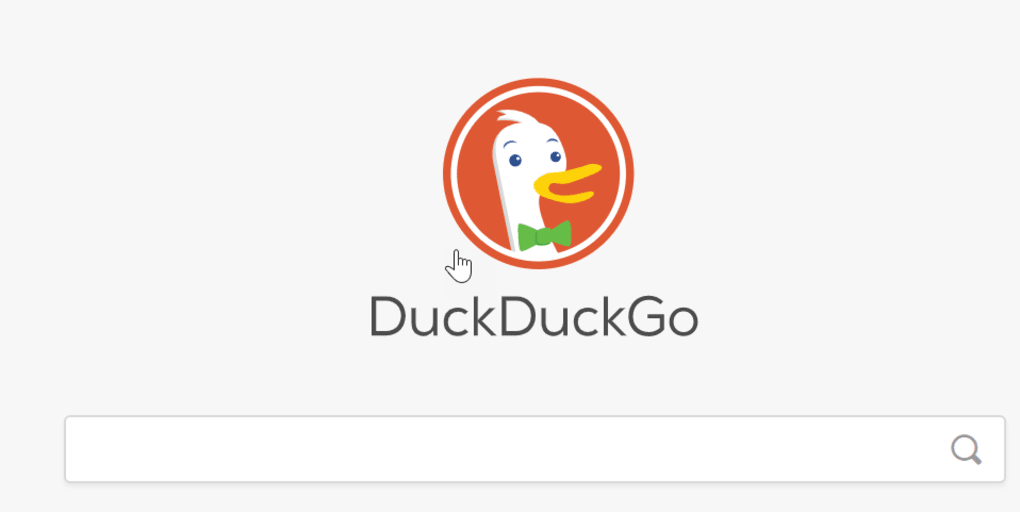

These revolve around the fact that the company’s CEO used to run a now defunct social networking site called Names Database (legally Opobox). Some suspicions have been raised about the legitimacy of DuckDuckGo’s privacy claims. For example, you can enable features such as infinite scrolling and auto-suggest, and set links to open in a new tab. Filters include adult content and timeframe of results.Ī range of settings are available to help customize your search experience. You can search the entire web, or refine your search to images, videos, news, maps, meanings, or shopping.

On the other hand, if you’d rather not have your IP address used at all, then you may be better off with one of the other search engines on this list.ĭuckDuckGo’s interface is very similar to that of Google and other popular search engines.

Overall, this is the best private search engine in terms of user experience, especially if you’re interested in local search results. Basically, it’s used to identify your approximate location and then immediately deleted. Even though it doesn’t store your IP address, it’s visible when you send your search request. As DuckDuckGo’s CEO, Gabriel Weinberg, explains in a Quora answer, the search engine does use your IP address to serve local results. This raises the question of how DuckDuckGo knows the user’s location. The service came up with expected results for our test search terms, including one search for local services. This search engine does save searches but they are not tied to an individual user: These include Bing, Oath (previously Yahoo), and Wikipedia. The US-based service has its own crawler (called DuckDuckBot), but also pulls information from over 400 other sources. Here’s our list of the best private search engines you can use instead of Google in 2019:ĭuckDuckGo is very popular with privacy enthusiasts and is the default search engine in the Tor browser.


 0 kommentar(er)
0 kommentar(er)
